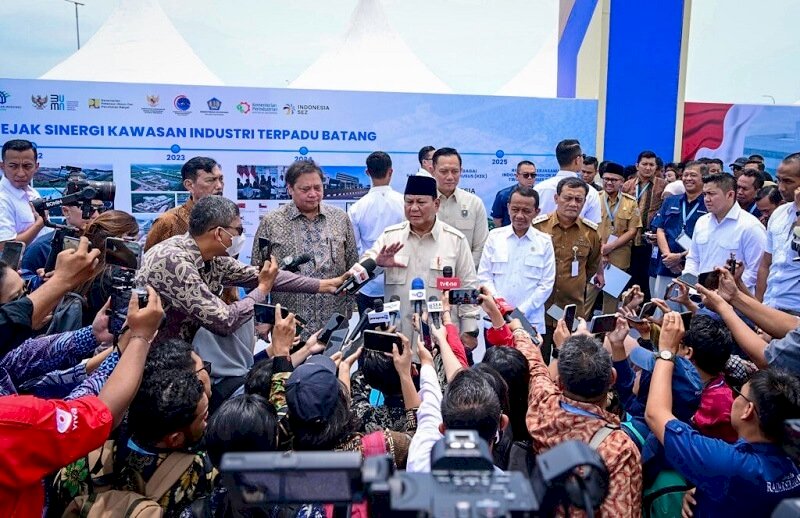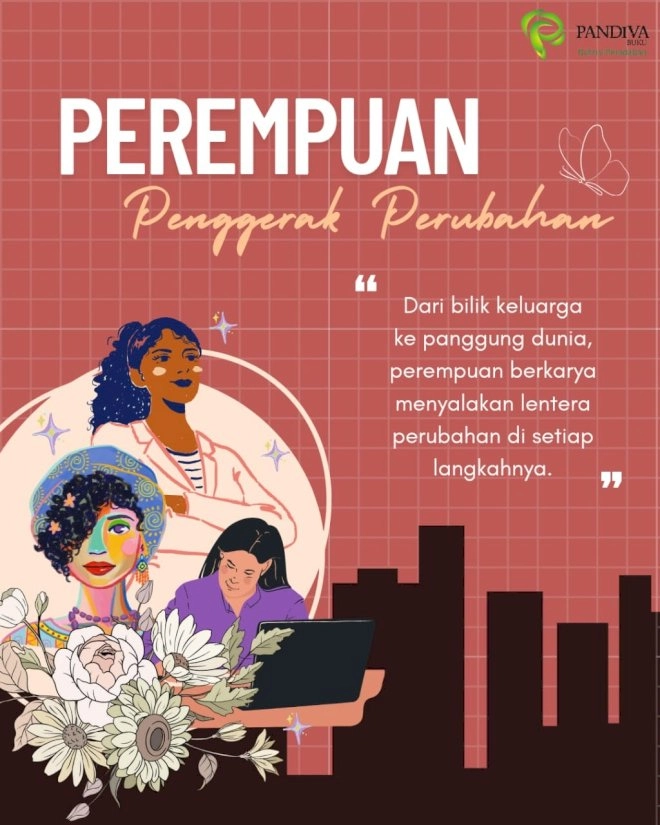

Making Prabowonomics Sense
/ Opini
Prabowonomics reflects Prabowo Subianto’s vision for a self-reliant and socially equitable Indonesia.
Daniel Mohammad Rosyid
Professor of Ocean Engineering ITS Surabaya. He was born in Mlinjon, Tonggalan, Klaten.
Prabowo as a student of history and Indonesia’s president strives his best to implement the economic spirit of UUD1945 as a declaration of war against any form of neocolonisation as well as the strategy to win this ongoing war. Based upon some of Soemitro's—his father’s—ideas as a defendant of socialism, Prabowo understands very well that international trade and business are war.
This has been openly and globally demonstrated since Donald Trump assumed his second presidency. Prabowo's recent moves to make Indonesia a full member of BRICS reflect his views on international trade.
‘Prabowonomics’ refers to the economic policies and ideas associated with Prabowo Subianto, a prominent Indonesian political figure, former military general, and now acting president of Indonesia. Prabowo has been a significant player in Indonesian politics, running for president multiple times and leading the Gerindra Party.
Prabowonomics encapsulates his vision for Indonesia's economic development, which often emphasizes nationalism, self-sufficiency, and populist policies. It is important to note that Gerindra’s political platform clearly states UUD1945 as its guiding aspiration. No other political party has this unique platform.
Here are the key features of Prabowonomics. First, economic nationalism. Prabowo advocates for reducing Indonesia’s reliance on foreign investment and imports, promoting domestic industries and local production instead. He supports policies that protect Indonesian businesses and resources, often calling for stricter regulations on foreign ownership of natural resources and critical sectors. He continues and expands down streaming policies firstly started by former president Jokowi.
Second, populist policies. Prabowonomics includes a strong focus on social welfare programs, such as subsidies for farmers, fishermen, and small businesses. He has proposed increasing government spending on healthcare, education, and infrastructure to improve the quality of life for ordinary Indonesians. Mostly noteable is the program of nutritious free lunch for school pupils to combat widespread malnutrition cases as well as promoting local, agro-maritime sectors.
Third, agricultural and rural development. Prabowo emphasizes the importance of revitalizing Indonesia’s agricultural sector to achieve food self-sufficiency. He has called for modernizing farming techniques, improving irrigation systems, and providing better support to rural communities. Prabowo initiated the formation thousands of rural cooperatives to promote rural employment in agro-maritime sectors.
Fourth, state-led industrialization. Prabowo supports a more active role for the state in guiding economic development, including state-owned enterprises (SOEs) playing a larger role in key industries. He has proposed increasing investment in infrastructure projects, such as roads, ports, and energy, to boost economic growth. He established Danantara as a form of sovereign wealth fund to promote domestics investments facilitated by SOEs.
Fifth, critique of neoliberalism. Prabowonomics often critiques neoliberal economic policies, which he argues have led to inequality and the exploitation of Indonesia’s resources by foreign entities. He advocates for a more equitable distribution of wealth and opportunities.
Sixth, defense and sovereignty. As a former military leader, Prabowo ties economic policy to national security, emphasizing the need for a strong defense industry and self-reliance in military technology. This can be seen as his recent version of Habibienomics.
Does Prabowonomics Make Sense?
Critics argue that Prabowonomics may lead to protectionism, which could hinder Indonesia’s integration into the global economy and reduce foreign investment. Some economists question the feasibility of his populist policies, particularly in terms of fiscal sustainability and implementation. There are concerns about the potential for increased state control over the economy, which could lead to inefficiencies and corruption.
However, corruption has failed to be contained by the previous regimes. Prabowo finds that open market and free devisa regimes does not serve Indonesia’s long- term interest since this does not accompanied by just and equitable terms of trade.
In a political context, Prabowo’s economic ideas have resonated with many Indonesians, particularly those who feel left behind by globalization and economic liberalization. However, his policies remain a subject of debate, with supporters praising his focus on nationalism and social welfare, while critics warn of the risks of isolationism and state overreach.
In summary, Prabowonomics represents a blend of economic nationalism, populism, and state-led development, reflecting Prabowo Subianto’s vision for a self-reliant and socially equitable Indonesia.
This may have led some form of resistance both domestically and internationally who have enjoyed neoliberalism for so long espescially those within some neoliberal political parties who silently support fully fledged capitalism in Indonesia during the last 20 years.
Editor: Rahma Frida


